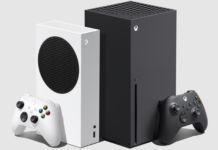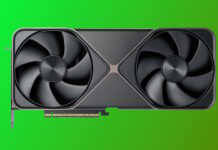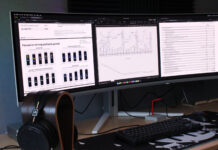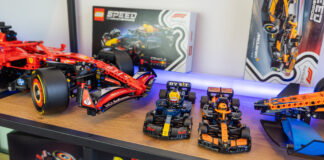KDE has released the third translation and service release of the K Desktop Environment. It brings bug fixes, performance improvements and translation updates. The release dubbed ‘Change’ is a part of the monthly updates issued by the KDE organization. The most noticeable bug fixes are for the Dolphin file manager and Kopete, the multi-protocol Instant Messenger client, along with optimizations of the KHTML HTML rendering engine.
Additional information can be found in the press release;
KDE 4.1.3 Release Announcement
KDE Community Improves Desktop with KDE 4.1.3 Codenamed “Change”
November 5, 2008. The KDE Community today announced the immediate availability of “Change”, (a.k.a KDE 4.1.3), another bugfix and maintenance update for the latest generation of the most advanced and powerful free desktop. Change is a monthly update to KDE 4.1. It ships with desktop workspace and many cross-platform applications such as administration programs, network tools, educational applications, utilities, multimedia software, games, artwork, web development tools and more. KDE’s award-winning tools and applications are available in more than 50 languages.
Dolphin’s new selection mechanism
KDE, including all its libraries and its applications, is available for free under Open Source licenses. KDE can be obtained in source and various binary formats from http://download.kde.org and can also be obtained on CD-ROM or with any of the major GNU/Linux and UNIX systems shipping today.
Enhancements
As a service release, the changelog contains a list of bugfixes and improvements. Note that the changelog is usually incomplete, for a complete list of changes that went into KDE 4.1.3, you can browse the Subversion log. The most significant changes are:
- Two crashes fixed in the Dolphin filemanager.
- A large number of bugfixes and optimizations in the KHTML HTML rendering component.
- Several bugfixes in the Kopete multi-protocol Instant Messenger.
Extragear
The KDE Extragear packages contains a number of useful additional and alternative applications. Since KDE 4.0.0, Extragear applications are also part of regular KDE releases. Extragear applications are KDE applications that are mature, but not part of one of the other KDE packages.
Installing KDE 4.1.3 Binary Packages
Packagers. Some Linux/UNIX OS vendors have kindly provided binary packages of KDE 4.1.3 for some versions of their distribution, and in other cases community volunteers have done so. Some of these binary packages are available for free download from KDE’s http://download.kde.org. Additional binary packages, as well as updates to the packages now available, may become available over the coming weeks.
Package Locations. For a current list of available binary packages of which the KDE Project has been informed, please visit the KDE 4.1.3 Info Page.
Compiling KDE 4.1.3
The complete source code for KDE 4.1.3 may be freely downloaded. Instructions on compiling and installing KDE 4.1.3 are available from the KDE 4.1.3 Info Page.
Supporting KDE
KDE is a Free Software community that exists and grows only because of the help of many volunteers that donate their time and effort. KDE is always looking for new volunteers and contributions, whether it is help with coding, bug fixing or reporting, writing documentation, translations, promotion, money, etc. All contributions are gratefully appreciated and eagerly accepted. Please read through the Supporting KDE page for further information.
About KDE
KDE is an international technology team that creates free and open source software for desktop and portable computing. Among KDE’s products are a modern desktop system for Linux and UNIX platforms, comprehensive office productivity and groupware suites and hundreds of software titles in many categories including Internet and web applications, multimedia, entertainment, educational, graphics and software development. KDE software is translated into more than 60 languages and is built with ease of use and modern accessibility principles in mind. KDE4’s full-featured applications run natively on Linux, BSD, Solaris, Windows and Mac OS X.














